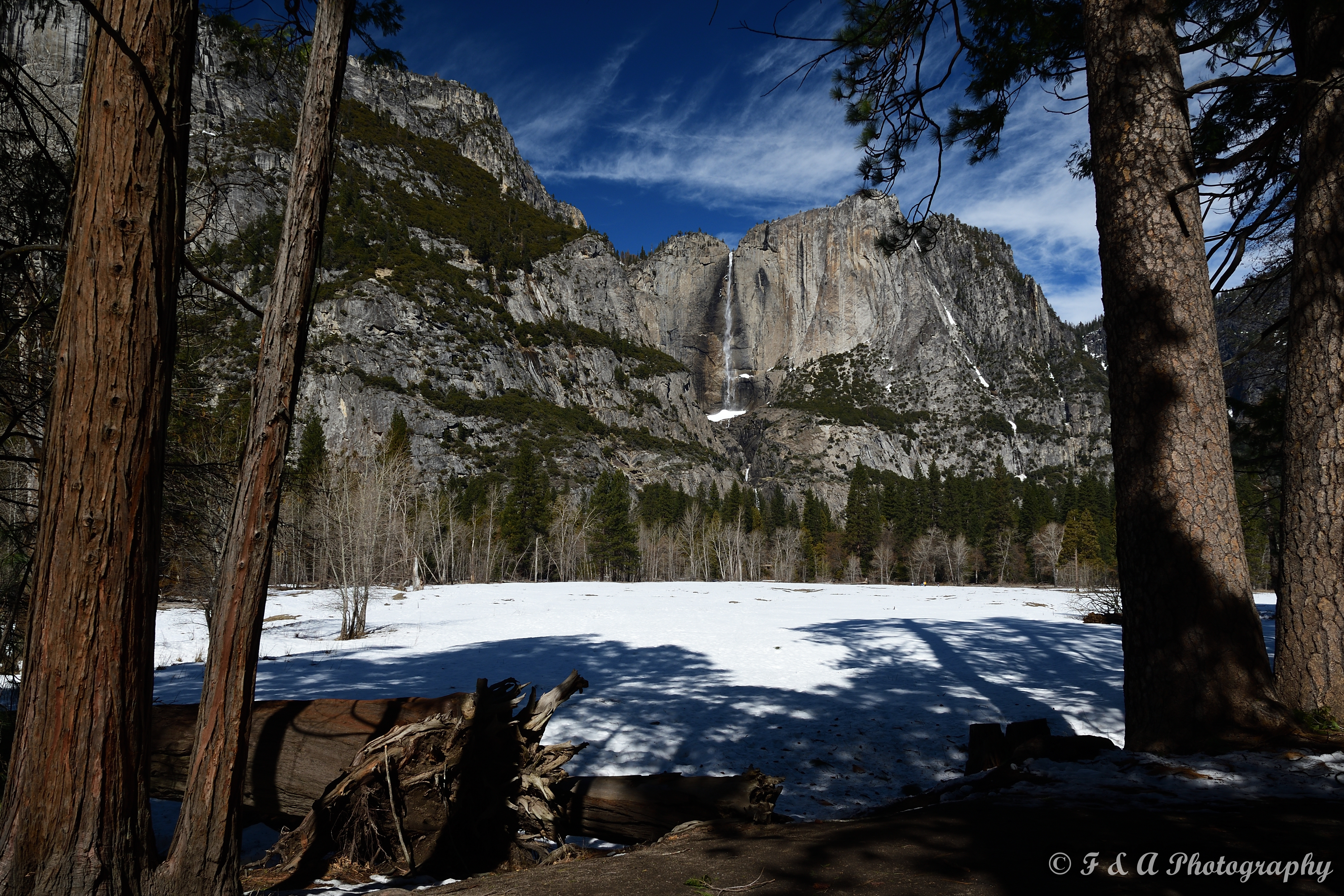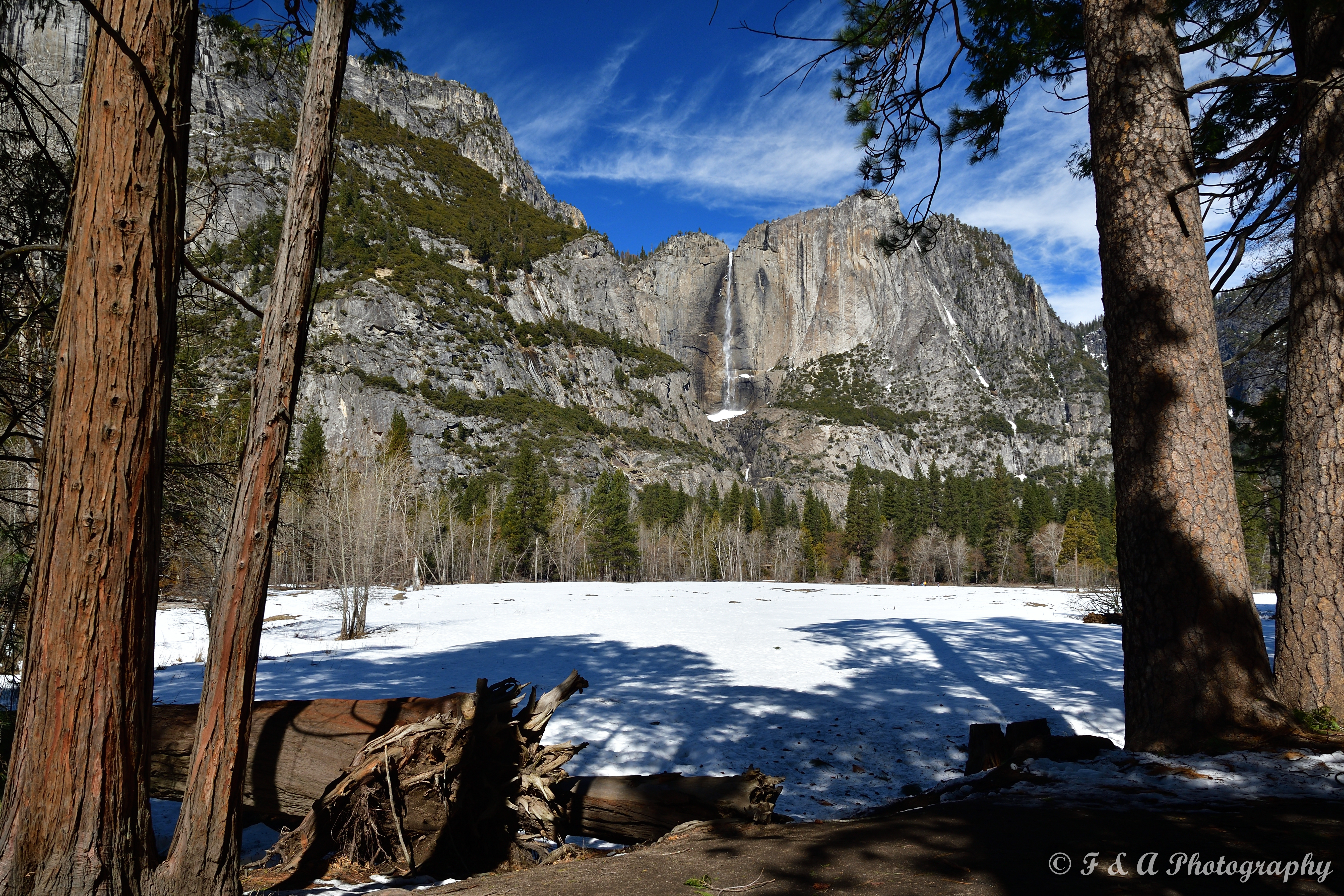Hi all. I have recently upgraded from a D3500 to a D7500, only to realize how good a sensor the D3500 has..... Something that I notice: when shooting a subject (jpg) with the slightest backlighting (nothing extreme, e.g. standing on my balcony, shooting a flower of mine and a bit of sky {no sun} is far back at the background), the camera tends to underexpose, either in auto or manual modes (auto is far worse). I used the same lens/settings with my D3500 and got very pleasing exposure and colors. The experience for such shots with D7500 is on the negative side. Even on-camera post retouching (increase d-lightinng) is not pleasing. Of course next thing to check is various metering modes. I will upoload pictures at some point and ask for your opinion. Until then I just wanted to know if anyone has similar experiences. Could it be a firmware issue? (I doubt, though) Could it be an implicit message by Nikon to just shoot raw and post-process anyway?

It's not the dynamic range, because the D7500 has higher dynamic range compared to your D3500:

Your problem is the metering settings. If you use Matrix metering, the camera will take the entire scene into consideration and try to expose for highlights and shadows, meeting somewhere in the middle. Spot and Center-Weighed Metering will meter for somewhere in the middle, so if your main subject is in the center of the frame and backlit, it will expose for the subject in the middle and blow out the highlights in the background. Highlight Weighed Metering will expose for the highlights in the frame, so if your subject has a bright light behind them, the camera will expose for the highlights and your subject will be dark.
If you don't like Matrix Metering, or if Spot and Center-weighed Metering is still too dark for you and you don't care about the highlights getting blown, you can use Exposure compensation to force the camera to overexpose or underexpose by dialing it to +0.3, +0.7, or -0.3, -0.7, etc. The plus will overexpose and the minus will underexpose.
Shooting RAW + JPEG would give you a more flexible file to work with. If your JPEGs don't turn out perfect, you can import the RAW file into Nikon's free NX Studio software and lift the exposure. Learning to post-process RAW files will give you the best non-destructive results, but it does take a little more time to learn and use. Personally I enjoy post-processing my RAW files, but I understand that not everyone is into it.
In fact I use highlight-weighed metering almost all of the time outdoors, because I know I can always lift the exposure during post-processing and still have all the highlights intact. I dial the exposure compensation to +0.7EV, so that the camera doesn't underexpose the scene too dramatically. I don't shoot JPEG however, only RAW.
One last thing to add: Every time I buy new equipment, it takes a couple of weeks for me to get to know it. Initially I tend to think
"There's something wrong with this thing!!!" but in the end it's ME who needs to get to know it better. Give it time, explore all the settings. The equipment is highly capable, it's us who are limited in our knowledge in how to squeeze the most out of it.





